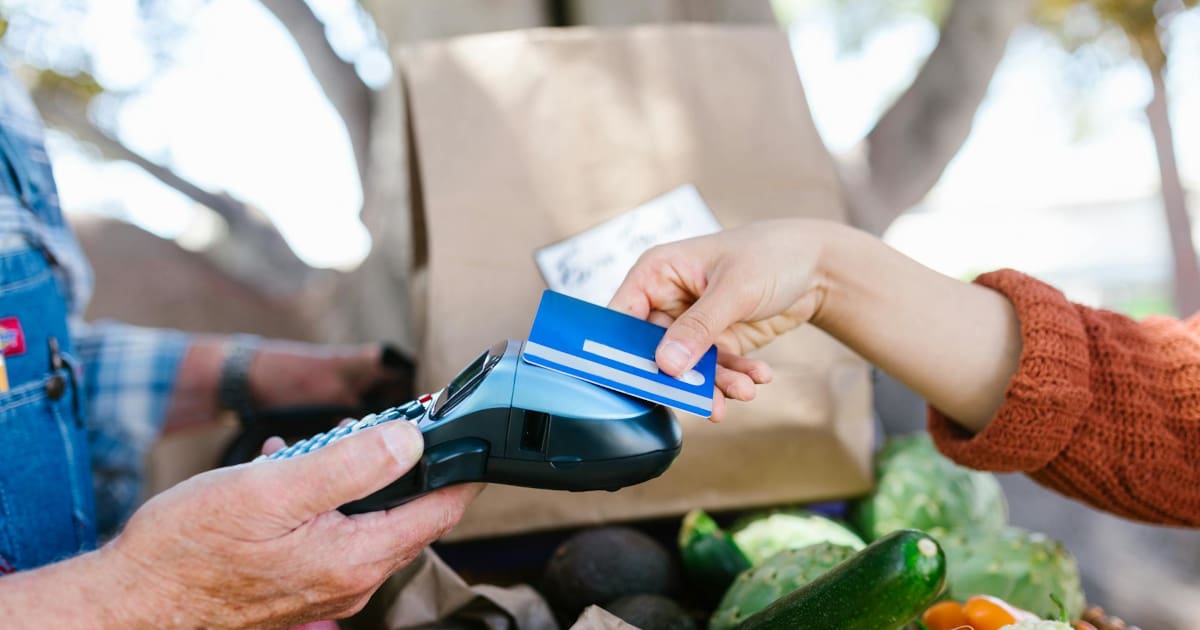
A recent report from Alvarez & Marsal’s Consumer and Retail Group (A&M CRG) has unveiled the significant impact of private brand retailers on the grocery market. The study, titled ‘Accelerate your Private Brand journey to win with customers and shareholders,’ demonstrates that private label products are gaining traction even as overall grocery market growth slows.
The report’s findings underscore the strategic importance of private labels for grocers, with U.S. private label spending currently accounting for 20% of the total market and projected to increase to 24% by 2030. This growth is reflected in the performance of top private brand retailers, with the leading four companies experiencing an impressive 144% stock price growth over the past five years.
Marco Valentini, Managing Director at A&M CRG, emphasized the strong correlation between successful private brand grocers and their market share and financial performance. ‘The best players act differently from the rest of the pack,’ Valentini noted. He highlighted the commitment of C-level executives to growing their own brands, the equal prioritization of private brands by Chief Merchants, and the focus on marketing efforts to elevate and differentiate products.
The report outlines several key factors contributing to the success of private brands. Value perception plays a crucial role, with private brand products typically priced 30 to 50% lower than national brands while offering comparable or superior quality. Product innovation and differentiation are also vital, allowing retailers to tailor offerings to customer demographics and preferences.
Margin management is another significant advantage of private brands. These products generally yield higher margins than national brands and can provide the same or better unit economics. This aspect makes private brands an effective tool for driving customer value without relying solely on price reductions or promotions that may dilute margins.
Brand development is also critical, as more than 80% of shoppers make decisions based on brand trust. Successful private brands can positively impact retailers’ overall brand perception. Additionally, the report highlights the importance of sustainable sourcing, particularly for younger generations of shoppers.
John Clear, Senior Director in A&M CRG, warned that grocers without a comprehensive private brand strategy risk being left behind. ‘To unlock the value of private label, grocers need to have a clear plan in place: a differentiated brand architecture and consistent positioning across categories; scalable processes and innovation capabilities that will ensure their success is repeatable,’ Clear stated.
The report’s findings are further supported by recent market activity, with top private brand retailers opening over 250 new stores in the past year. This expansion underscores the growing consumer demand for private label products and the confidence retailers have in their own brands.
As the grocery industry continues to evolve, the rise of private brands presents both opportunities and challenges for retailers. Those who can effectively develop and market their own brands stand to gain significant market share and customer loyalty. Conversely, retailers who fail to adapt to this trend may find themselves at a competitive disadvantage in an increasingly crowded marketplace.
The full report from Alvarez & Marsal provides detailed insights and strategies for retailers looking to capitalize on the private brand trend. As the market continues to shift, understanding and implementing these strategies will be crucial for grocers aiming to thrive in the changing retail landscape.

This news story relied on a press release distributed by News Direct. Blockchain Registration, Verification & Enhancement provided by NewsRamp™. The source URL for this press release is Private Brand Retailers Dominate Grocery Market, Poised for Further Growth.